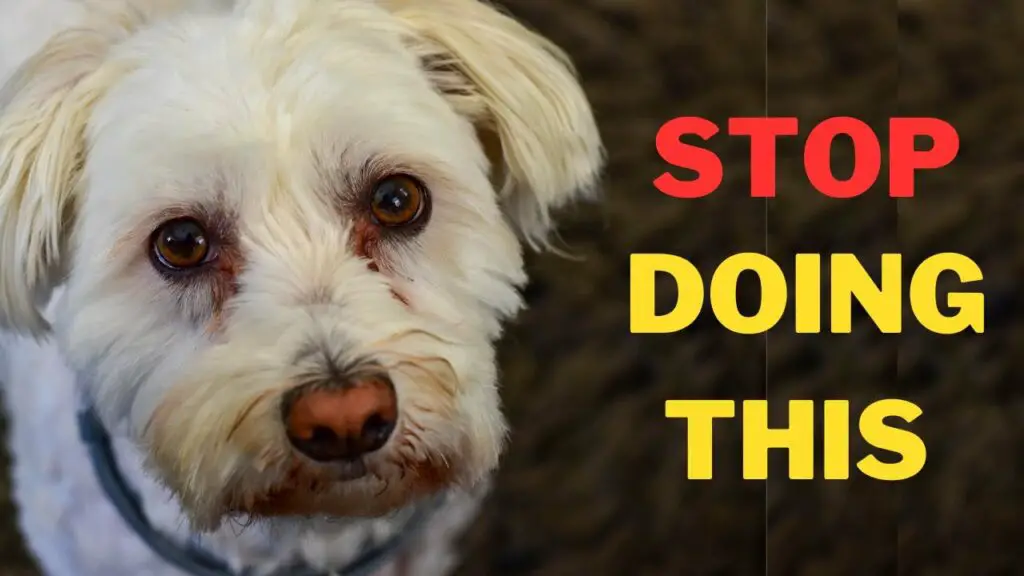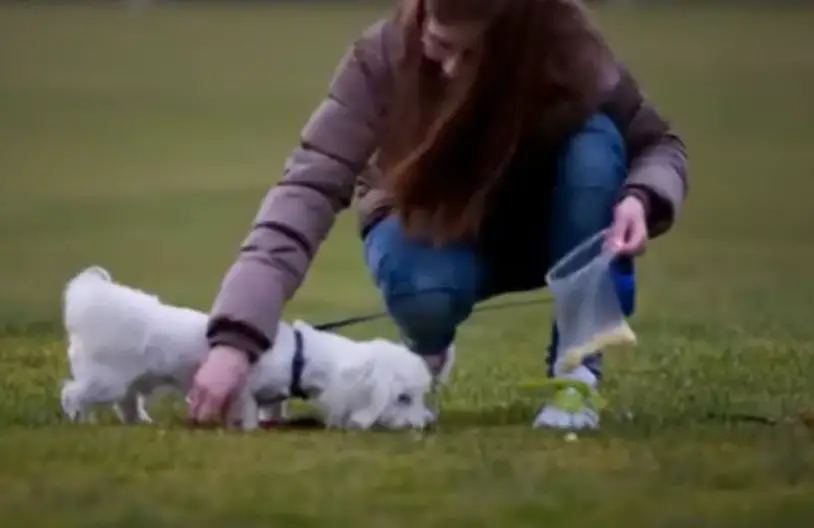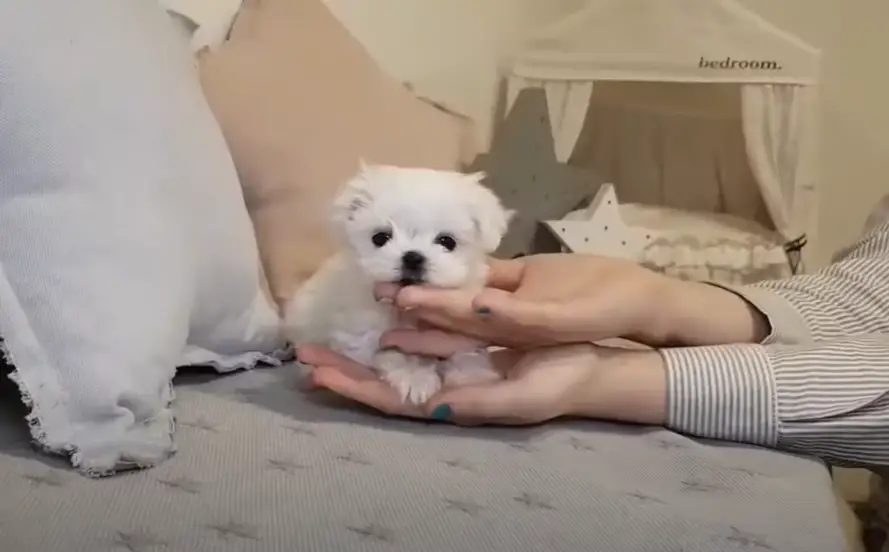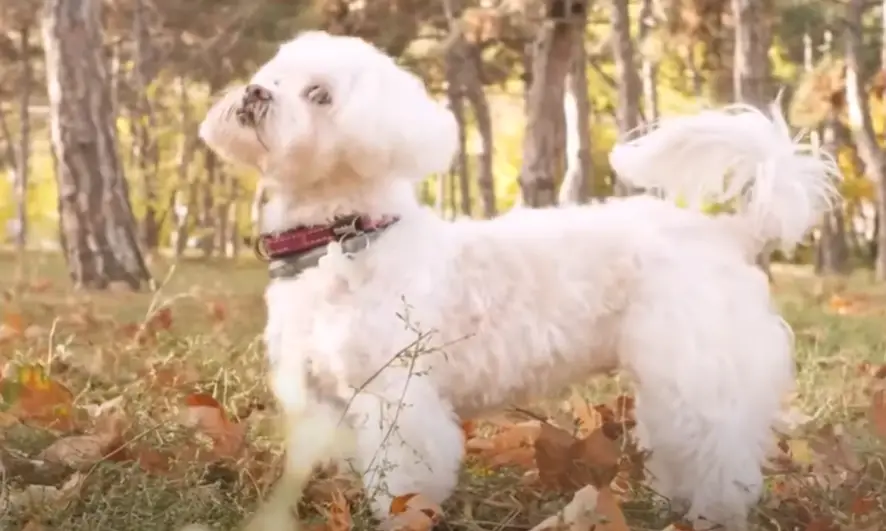
Your Maltese may not always express their dislikes in obvious ways, but certain human behaviors can irk them more than you realize. In this blog post, we’ll delve into 11 common things that Maltese dogs secretly hate about human behavior.
Hugging: Not Always Welcome
While hugging your Maltese may seem affectionate, most dogs, including Maltese, don’t enjoy tight embraces, especially from strangers. It can make them feel trapped or threatened, so it’s best to approach with gentle gestures rather than forceful hugs.

Being Left Alone or Ignored: A Social Creature’s Nightmare
Maltese dogs crave human companionship and can develop separation anxiety if left alone for extended periods. Providing them with consistent company and attention is essential to their well-being and mental health.
The Vacuum Cleaner: A Furry Foe
The loud and imposing presence of a vacuum cleaner can instill fear in Maltese dogs, leading them to hide or even become aggressive. Creating a safe space for your Maltese during cleaning sessions can help alleviate their stress.

Keeping the Leash Tight: A Source of Tension
A tight leash can signal nervousness or tension to your Maltese, making them anxious or uncomfortable during walks. Practicing loose leash walking and allowing your dog to explore at their own pace can make outings more enjoyable for both of you.
Patting Their Head: A Sign of Dominance
While you may think patting your Maltese’s head is a gesture of affection, it can actually be perceived as rude or threatening, especially from strangers. Opt for gentle strokes on their back or chest instead.

Lack of Routine and Rules: A Recipe for Confusion
Maltese dogs thrive on structure and routine, so inconsistency in training or daily activities can lead to confusion and behavioral issues. Establishing clear rules and sticking to a predictable schedule can help your Maltese feel more secure and confident.
Maltese dogs are sensitive to their owner’s emotions and can mirror feelings of sadness, stress, or grief. Providing a calm and supportive environment during times of emotional distress can help alleviate your Maltese’s anxiety.

Inactivity: Boredom Buster Needed
Maltese dogs, like many breeds, require regular physical and mental stimulation to prevent boredom and destructive behavior. Incorporating daily walks, playtime, and interactive toys into their routine can keep them happy and fulfilled.
Hurrying Through a Walk: Let Them Explore
Maltese dogs enjoy sniffing and exploring their surroundings during walks, so rushing them along without allowing time for exploration can be frustrating for them. Letting your Maltese lead the way and sniff to their heart’s content can make walks more enjoyable for both of you.
Interrupted Sleep: Respect Their Rest
Disturbing your Maltese’s sleep can startle or frighten them, especially if they’re in a deep slumber. Allowing them to wake up naturally and avoiding sudden movements or noises can help maintain their sense of security and comfort.

Inconsistency: Clear Communication is Key
Conflicting signals from different family members can confuse your Maltese and make it challenging for them to understand expectations. Consistency in training methods and household rules can prevent confusion and promote positive behavior.
Changes to Routine: Stability is Essential
Maltese dogs thrive on routine, so unexpected changes to their daily schedule can cause stress and anxiety. Maintaining consistency in feeding times, exercise routines, and daily rituals can help your Maltese feel secure and confident in their environment
Conclusion
Understanding your Maltese’s preferences and dislikes is essential for fostering a strong bond and promoting their overall well-being. By respecting their boundaries, providing structure and routine, and offering plenty of love and attention, you can ensure that your Maltese leads a happy and fulfilled life by your side.


